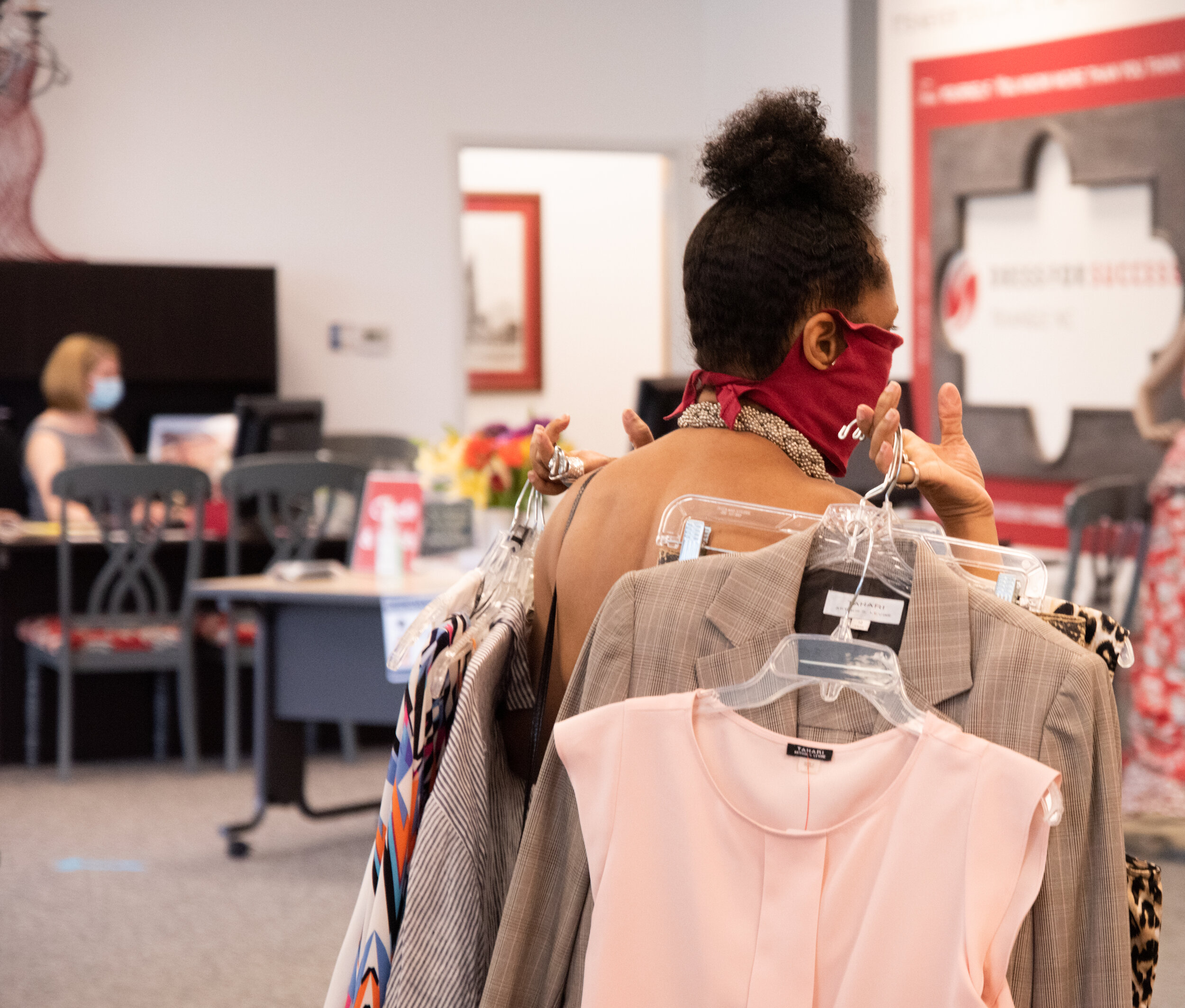Nonprofits are no strangers to furthering a social cause or providing for the public benefit. But during the COVID-19 pandemic, North Carolina nonprofits of all types were asked to become another form of “essential services,” facing skyrocketing demand despite the realities of diminished donations.
With many people out of work or left out of touch due to the pandemic, and unable to support their favorite causes, local organizations and their staff had to find new ways to survive, thrive, and stay connected with their audiences, supporters, and each other.
Amid the chaos, we stepped up to provide critical resources and services, developed COVID protocols, shifted services to online spaces and worked tirelessly to respond to the changing circumstances of the pandemic.
For example, A Place at the Table stayed open to provide over 50,000 meals to people experiencing food insecurity at their Raleigh location and in partnership with Oak City Cares, Passage Home, Southlight, SE Raleigh Promise, and Haven House.
The Boys and Girls Club of Durham and Orange Counties opened their physical space to host blood drives with the American Red Cross, a site for free COVID testing, a meal distribution hub, and even a voting precinct. Triangle Family Services expanded their services to include a 24/7 hotel shelter nightly for 6 months for 120 of their most vulnerable, keeping them and our community safe as well as providing all our “traditional” services in mental health; family safety and financial stability programs virtually and remotely.
Southern Coalition for Social Justice took its advocacy to virtual spaces to help voters: hosting online court hearings to fight a disenfranchising voter ID law, virtual trainings to help volunteers advocate for better local elections and fair maps, and answering voters’ calls with Democracy North Carolina and other nonprofits connected as part of the state’s voter protection hotline.
Acknowledging that women have been disproportionately impacted through the pandemic, Dress for Success Triangle took their programs online and started a regular meeting group for clients to share resources and stay connected, including a Webinar Wednesday program, offering vital job and personal skill training to over 1,000 attendees. The Women’s Fund of the Blue Ridge mobilized their community around collective giving and raised $20,000 to help 11 area food pantries to feed those in need.
Inter-Faith Food Shuttle expanded their Backpack Buddies program to non-partner schools and kids living in hotels. Marbles Kids Museum collaborated with partners to expand remote and virtual learning resources through distributing “Marbles-to-Go” and “PNC Pre-K Packs” to vulnerable preschool centers, Boys & Girls Clubs and Families Together.
Through book pickups and the power of the postal service, Book Harvest gave out 179,388 books and are now on track to surpass their annual goal for 2021. Habitat for Humanity of Durham continued to build and repair affordable homes and help homeowners build self-reliance, improved health, financial security, and education.
The pandemic has made clear the need for stronger public systems and has taught us about the power of connection, to develop our strengths, find new talents, and most importantly, to improve the lives of all North Carolinians. We believe that supporting our state’s nonprofits — whether with your time or with your financial investments — will be essential in building back our communities after the pandemic has subsided.
We can’t build without you. We’re in this together and we hope that you will join us in our pursuit to improve the lives of North Carolinians by supporting the nonprofits that you care about where you live . Engage with them on social media, support them with your voices and your advocacy, volunteer your time, and if you are able to, support them financially.
This new normal is going to require all of us to not only see our interconnectedness, but also to support those connections now to prepare for the challenges to come.
Read the original column at WRAL.com.

